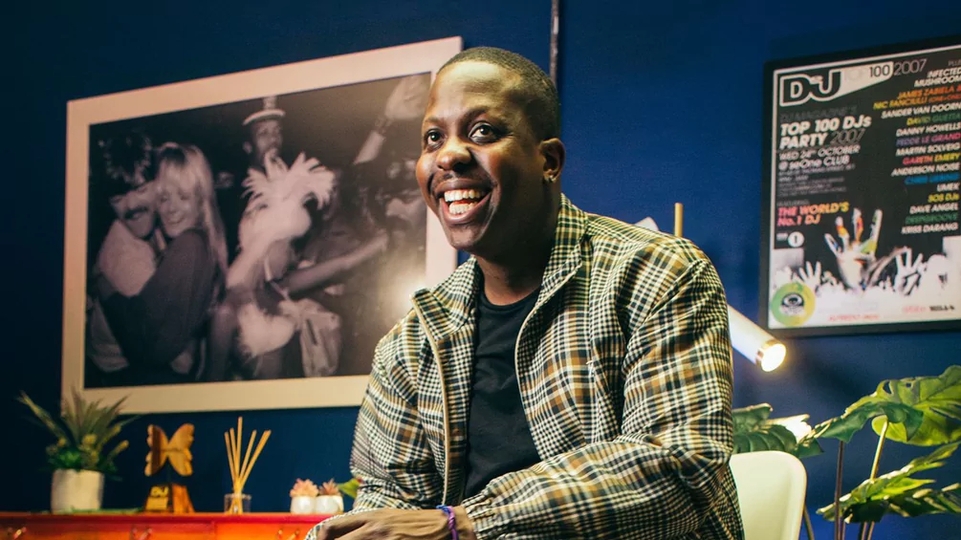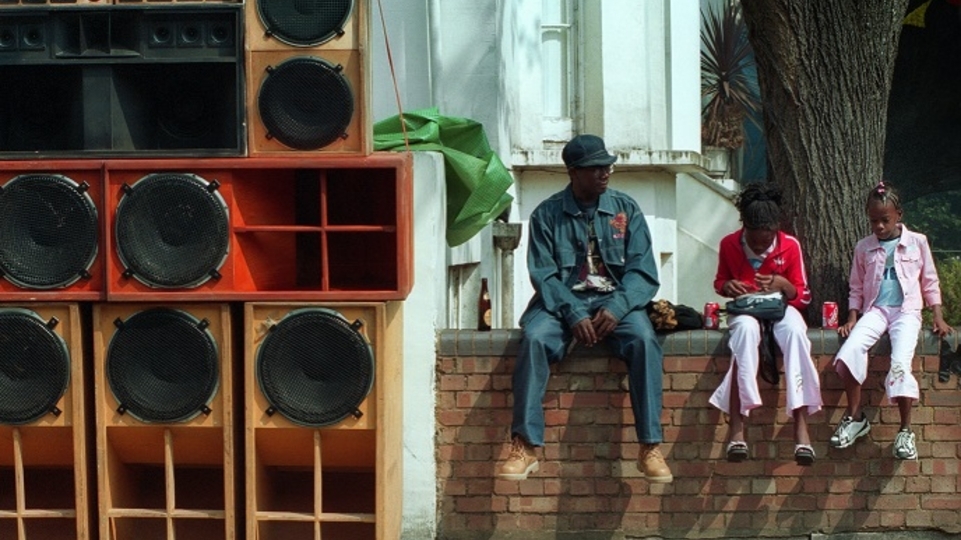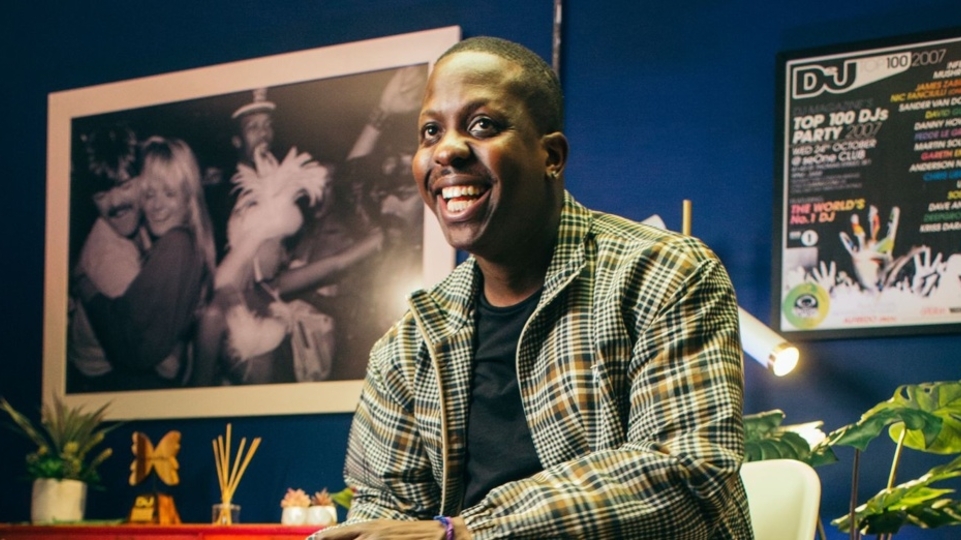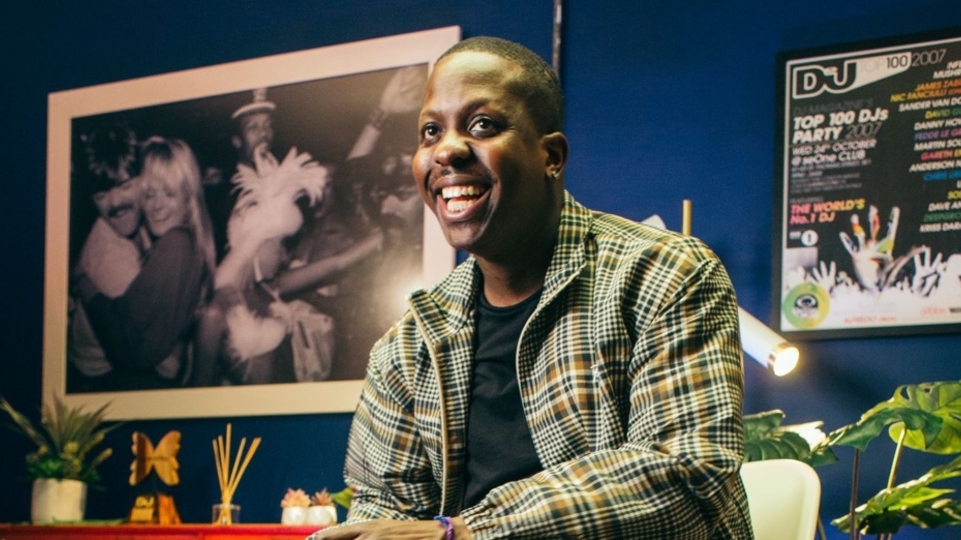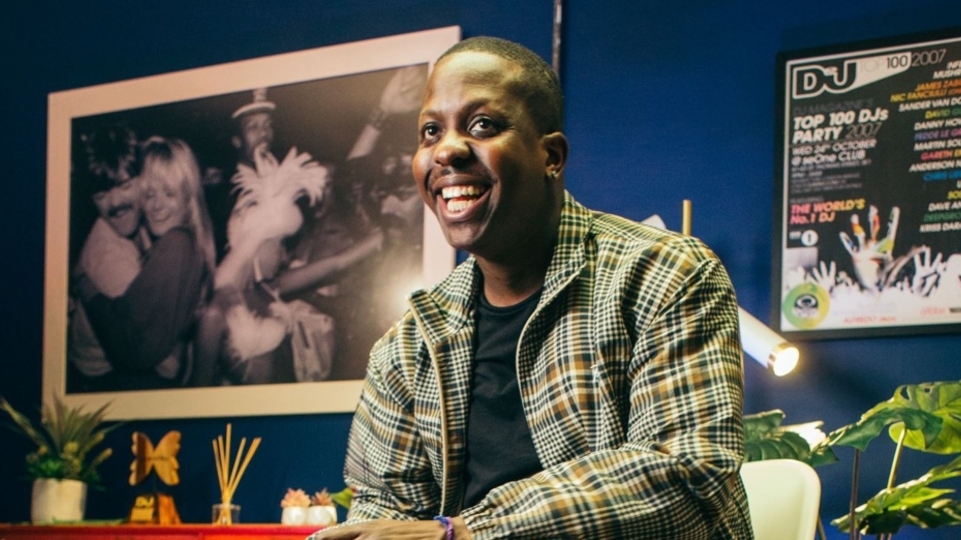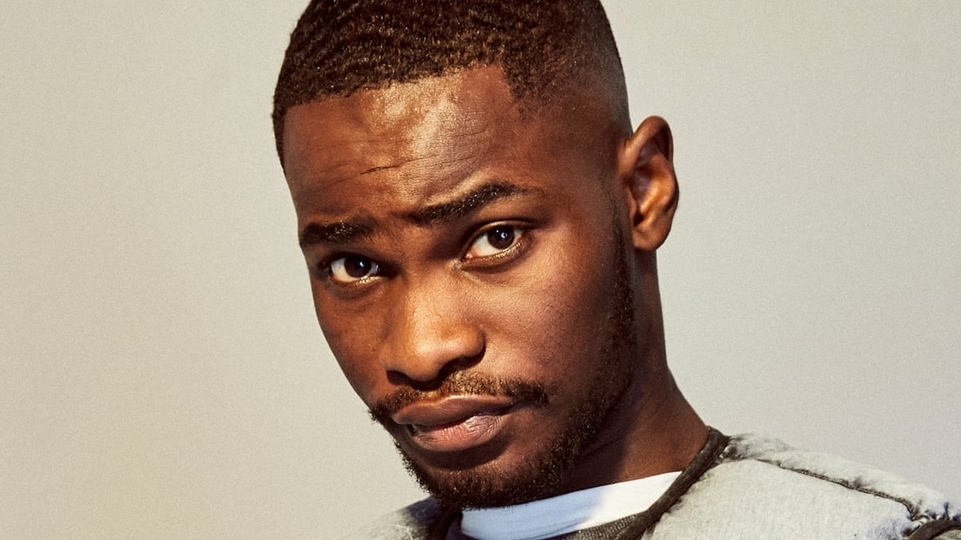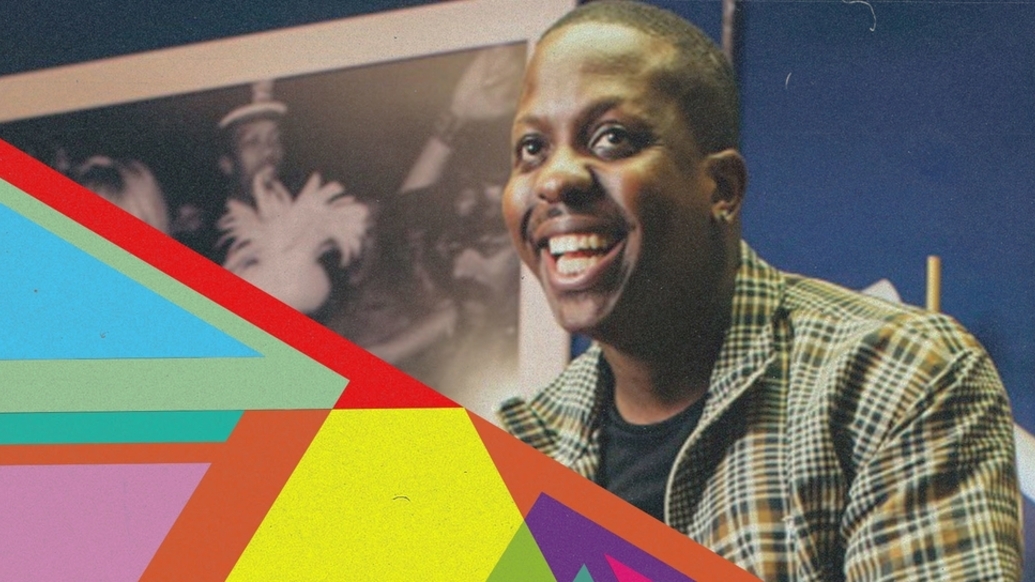
Jamal Edwards MBE posthumously awarded Innovation & Excellence at DJ Mag’s Best of British awards 2022
In recognition of all he achieved, and the impact his legacy continues to make on UK music, DJ Mag has awarded the 2022 Best Of British Innovation & Excellence award to the late Jamal Edwards MBE, founder of SBTV
Online video sharing behemoth YouTube launched quietly on Valentine’s Day in 2005. It was the year that grime — which had been rumbling and simmering underground since the turn of the millennium — began to scorch the mainstream with molten-hot anthems like Kano’s ‘Ps & Qs’ and Roll Deep’s ‘When I’m ‘Ere’, following in the giant footsteps of iconic cuts like ‘I Luv U’ and ‘Pow’.
Just two years later, while the platform was still in its infancy, a then 16-year-old Jamal Edwards took his first, humble step towards blasting Black British music’s furious, industrial, MC-led sound up towards the stars. Jamal, born in Luton and raised in West London, was out on a college trip to Cadbury’s chocolate factory in Birmingham. While there, he filmed his two mates — Soul and Slidez — exchanging bars like eager, raw young fighters sparring inside the boxing ring, capturing grime’s any-time-any-place, DIY essence. Before the MCs enter the fray, Jamal’s friends hail up ‘Smokey Barz’ to the camera — referring to his own MC moniker.
According to Complex UK’s editor-in-chief Joseph Patterson, who knew him well, the teenager behind the lens could shell bars better than most. “And indeed, his bars were smokey. The kid could really spit, and had he wanted to make a career out of it, he could’ve easily gone on to become one of grime’s biggest MCs,” he wrote, when news of Jamal’s tragic passing broke in February 2022.
But it wasn’t Jamal’s destiny to forge a career on the mic. When he got home, he uploaded the grainy footage of that lyrical exchange in Brum, on a blustery February afternoon. It became the first post on his own fledgling YouTube channel, SBTV. At the time, grime’s visibility was limited; gifted MCs who might be stars on their blocks and in their boroughs were relatively anonymous outside the neglected pockets of the cities they hailed from.
Legendary DVD series like Risky Roadz, Lord Of The Mics, and Practice Hours made important strides towards changing that, and documented some of the scene’s greatest moments, like Wiley clashing Kano on LOTM 1 and Ghetts’s GOAT doorstep freestyle on Risky Roadz Vol. 2. Jamal was inspired by those DVDs, and already tapped into the endless reach that YouTube presented. “I was in Year 11 doing Information and Communication Technologies and watching the same freestyles, taken from the DVDs Practice Hours and Risky Roadz on YouTube, over and over again,” he told Red Bull Music Academy in 2010. While DVDs cost money and weren’t necessarily easy to get hold of, especially outside of London, YouTube made grime’s Microphone Champions accessible to fans everywhere.
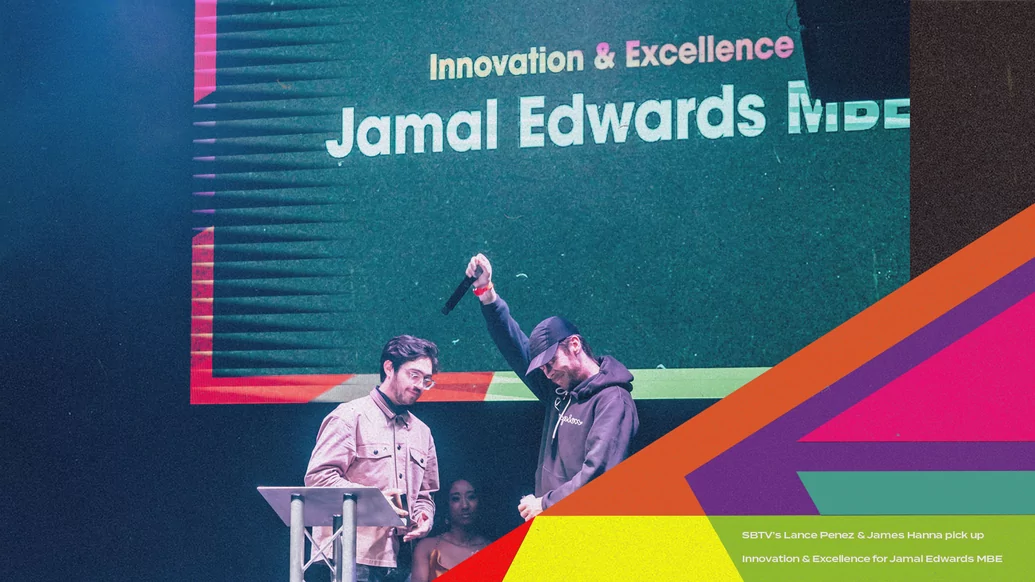
SBTV rapidly expanded into a buzzing hive of grime and UK rap content, from interviews and music videos — like Black the Ripper’s ‘Why’ and Giggs & Skepta’s crud-laden ‘Look Out' — to behind-the- scenes footage that demystified a scene for curious outsiders leaning into fandom. It represented an inclusive online community of fans, artists and commentators, and at its glorious peak the channel felt like the lifeblood of the scene. But at its core were bars. Bars upon bars. SBTV’s freestyle sessions were what truly entered the collective consciousness of grime and rap heads, often catapulting neighbourhood heroes towards bigger, brighter things.
Today, MCs and rappers appearing on freestyle platforms is an almost guaranteed staple of album and mixtape promo runs. They’re consumed on an enormous scale too. Fredo’s five-minute manifesto against the black and yellow backdrop of GRM Daily’s ‘Daily Duppy’ set has been viewed over 35 million times since its upload in August 2020. Kwengface’s combustible ‘Plugged In’ appearance has accrued 13 million views since last February. But there’s a rehearsed, sanitised sheen to these modern-day freestyles, rapped over exquisitely produced beats and shot in plush studios. There’s none of the off-the-cuff ruggedness of SBTV’s early F64 freestyles.
The format, launched in 2009, required MCs and rappers to spit 64 fresh (meaning, new and unheard) lyrics, acapella, into the camera in one take. A new F64 was uploaded every Sunday at 5pm, meaning the scene’s youthful core listenership could spend Monday mornings dissecting the latest freestyle on their way to school or college, or be inspired to write their own verses on the bus home. A ‘Daily Duppy’ is a great look, but nothing compares to the pure authenticity of those F64s: Terminator spitting dark-side supervillain menace from the kerbside, G FrSH spraying fire in a snowy car park, Frisco in a rabbit-fur trappers hat, duppying ‘Wooo Riddim’. Jamal understood the important visual element of MCing; listening to your favourite MC is thrilling enough, but actually seeing them in full flow, powered by ungovernable, chest-puffing energy, ramps the excitement levels up to the max.
And Jamal’s documenting of Black British music in real-time also serves as a crucial piece of archiving. It tracks the evolution and intermixing of sounds, from grime and rap to Afroswing and more recently UK drill Jamal’s ahead-of-the-curve approach, using YouTube as a lighthouse to guide a global audience towards Black British sounds was soon recognised. He became a household name after starring in a 2011 Google Chrome advert that immortalised the birth of SBTV, and was awarded an MBE in 2015’s honours list for his services to music. He curated playlists for Apple Music, campaigned for mental health charity CALM, and helped propel the careers of so many of the people around him, from national treasures like Dave and Stormzy to the staff he employed at SBTV. “A lot of people get overlooked [by employers], but I always gave people a chance regardless of their grades,” he told The Guardian in 2017. “It was all about their passion.”
For Isaac Densu, who joined SBTV in 2016, and is now the company’s managing director, lifting people up and seeing the best in everyone he encountered is Jamal’s most enduring legacy. “He would push everyone to be the best version of themselves. He was obsessed with others unlocking their potential and dedicated his life to this,” Isaac tells DJ Mag.
“He is and will be the greatest person I have ever worked with, he was dedicated, passionate, thoughtful, and driven,” Isaac continues. “He was always thinking of what is next and made sure that we connected worlds. He understood the historical perils of gender discrimination and racial bias, but was fixed on trying to see humanity as one and not dwell on our differences, albeit he loved that everyone is unique and has something special to offer in our world.”
